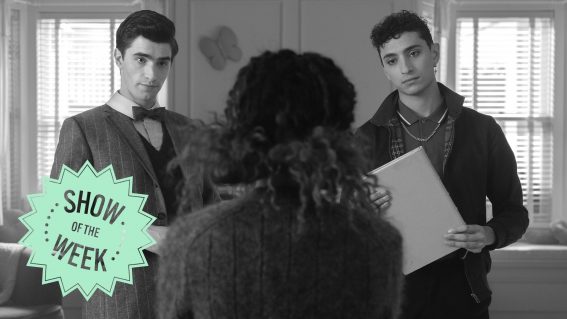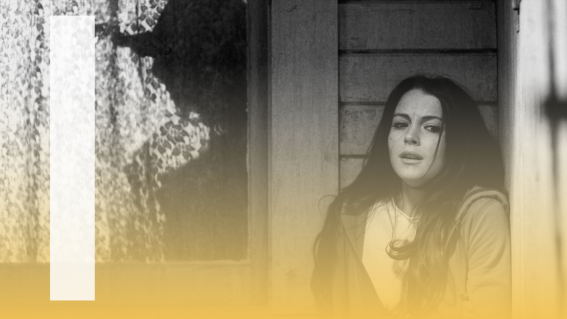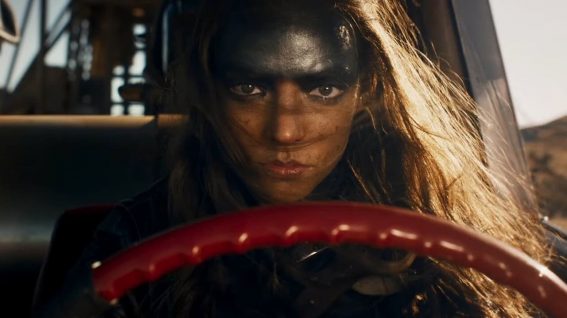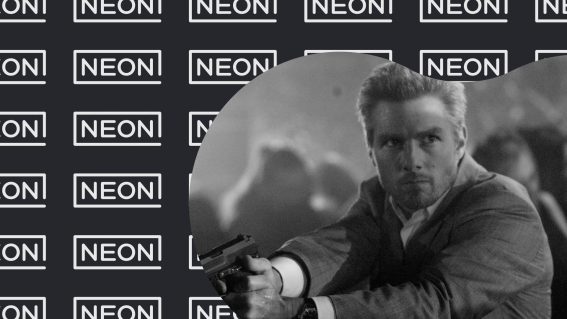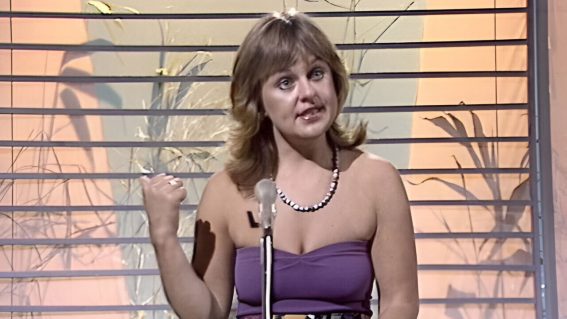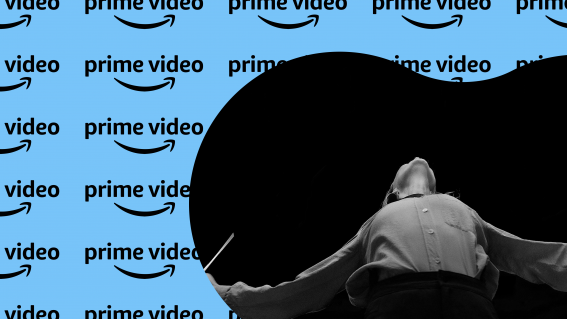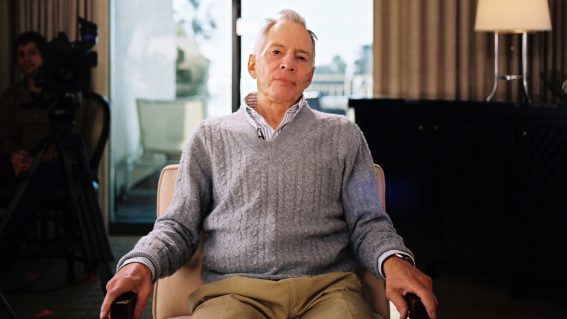Part satire, part sincere, Invincible reflects how expansive and inventive comics can be
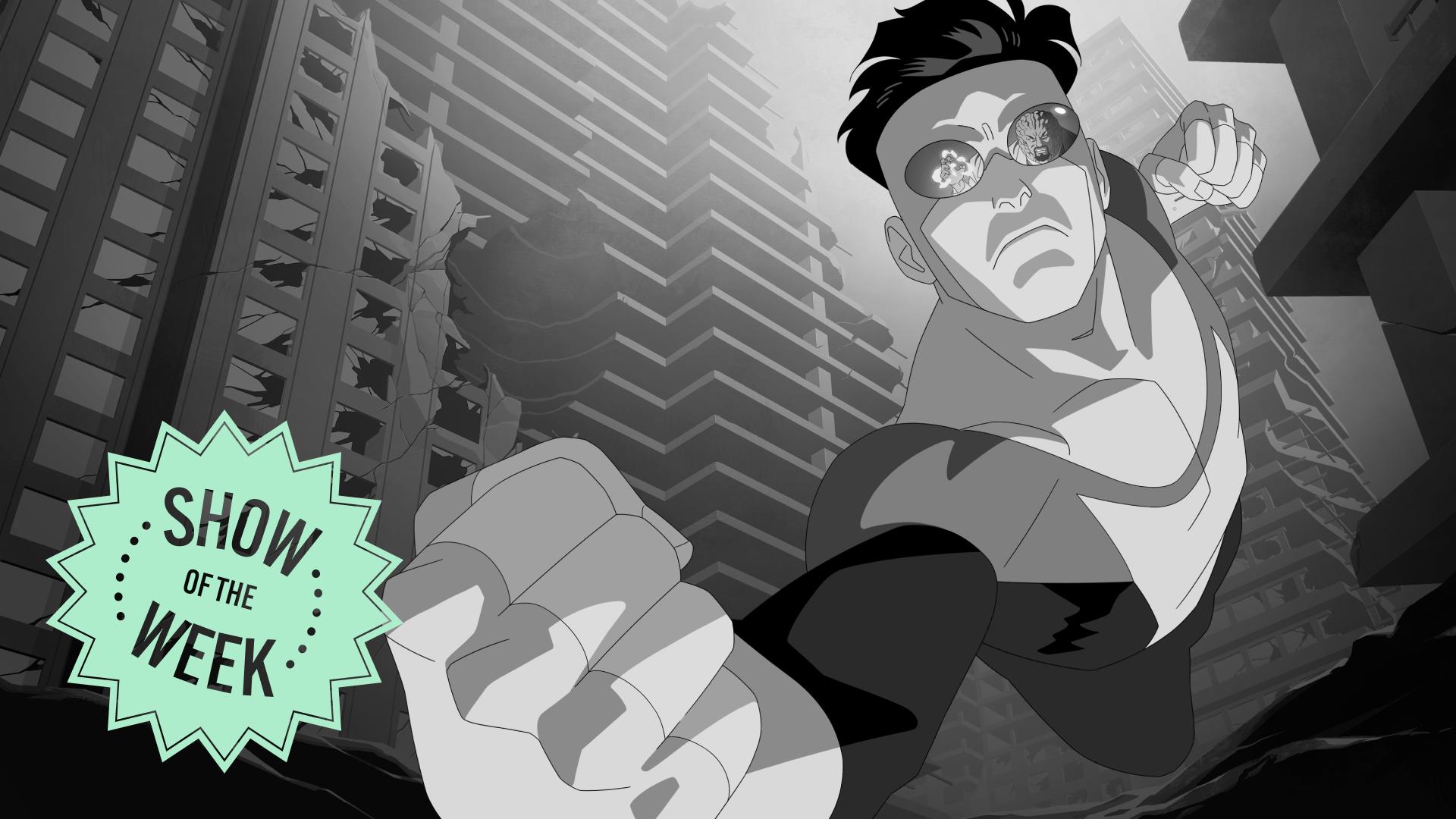
Clarisse Loughrey’s Show of the Week column, published every Friday, spotlights a new show to watch or skip. This week: Invincible.
We’ve reached a point of saturation where even the anti-superhero narrative now feels like old hack. So it was, admittedly, with a little trepidation that I started on Prime Video’s Invincible, an animated adaptation of the Robert Kirkman, Cory Walker, and Ryan Ottley comic. I’d been told it was dark and violent. That’s not exactly fresh territory—I had an unplayed episode of The Boys waiting for me when I pulled up Prime Video to find it.
But Invincible, thankfully, is something new. It exists between the extremes of satire, the middle finger held up to the cultural mainstream, and twinkly-eyed sincerity. It’s secure enough in its tone, and faithful enough to its source material, that it does a much better job of reflecting how expansive and inventive the comic book medium actually is, and how driven it can be by individual voices.
While its very first episode opened with a squad of Justice League lookalikes—who are quickly and viscerally torn to pieces—it then forces its hero Mark, aka Invincible (Steven Yeun), to slowly uncover the truth, that the massacre was committed by his own father, Nolan, aka Omni-Man (JK Simmons). But there’s more in Invincible’s sightline than exploring the dark heart of the American hero. Here’s a show about the way all those impossible responsibilities chip away at even those who come at the job with good intentions.
By the start of season two’s second half, the trauma has piled up like a plate of pancakes. Mark’s not only discovered his father’s true nature—he’s a member of the expansionist, intergalactic Viltrum empire, who only married Debbie (Sandra Oh) and fathered Mark as an undercover ploy while he scoped out the planet—but the revelation ended with Nolan pummelling the hell out of his own son and leaving Earth for good. Now Mark’s stuck in his own emotions. “I don’t get to be sad,” he says. “I’m part of the problem.”
Oh! Not only that, but while Debbie and Mark mourn, the latter is coaxed to the humanoid mantis planet of Thraxa, where Nolan has found genuine love and raised a son, having seemingly cast aside his genocidal impulses to become a good man. Yet, before Mark’s had any time to process this, the Viltrum empire attacks and Nolan is captured, leaving Mark behind with his half-brother Oliver.
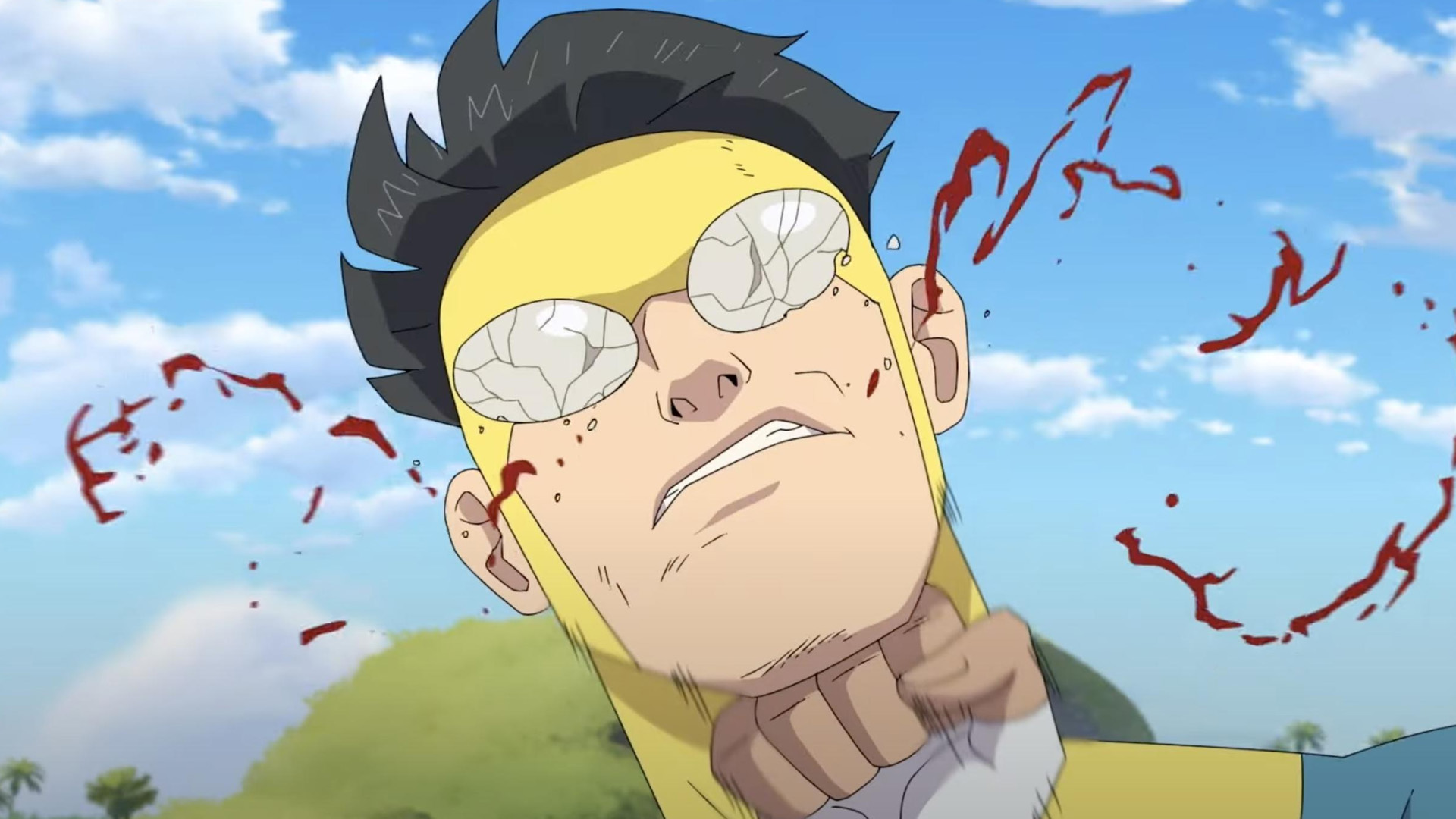
On paper, that’s an almost comical amount of misfortune, but Invincible consistently scrapes back its narrative layers to hit at what’s familiar, what’s crushingly mortal. What do you do when the monster in your own life has changed, but somewhere else? With someone else? The violence is extreme, but it bears some of the expressiveness of anime. So it’s not quite real—what actually stings are Mark’s slumped shoulders, and the ennui that sets in as he flies around the city (Radiohead’s Karma Police conveniently kicks in here). He saves people, but doesn’t quite know why or what this says about him, or whether he’s destined to inevitably become his father. It stings, too, when we hear Debbie consoled by another superhero widow, as both try to make peace with the lies.
It’s a strong enough framework that season two’s been able to toy with the ubiquitous multiverse trend without degrading itself. There are, too, several key changes to the comic in order to smooth its transition to screen and stop fans from getting too comfortable. In fact, the collective presence of Mark, Nolan, and Debbie is so strong that series does, at times, lose its velocity when it looks out to its extensive supporting cast, particularly Cecil Stedman (Walton Goggins), and the Global Defense Academy.
These stories are punchier when Invincible actually dedicates to them a sort of episode-within-an-episode, like a narrative Russian doll—Allen the Alien (Seth Rogen) and Rex Splode (Jason Mantzoukas) receive strong arcs, while Atom Eve (Gillian Jacobs) benefited from her own special released last year.
Invincible has set up all its pieces right. And there’s a lot of potential here for a story that refuses to make itself too identifiable.



